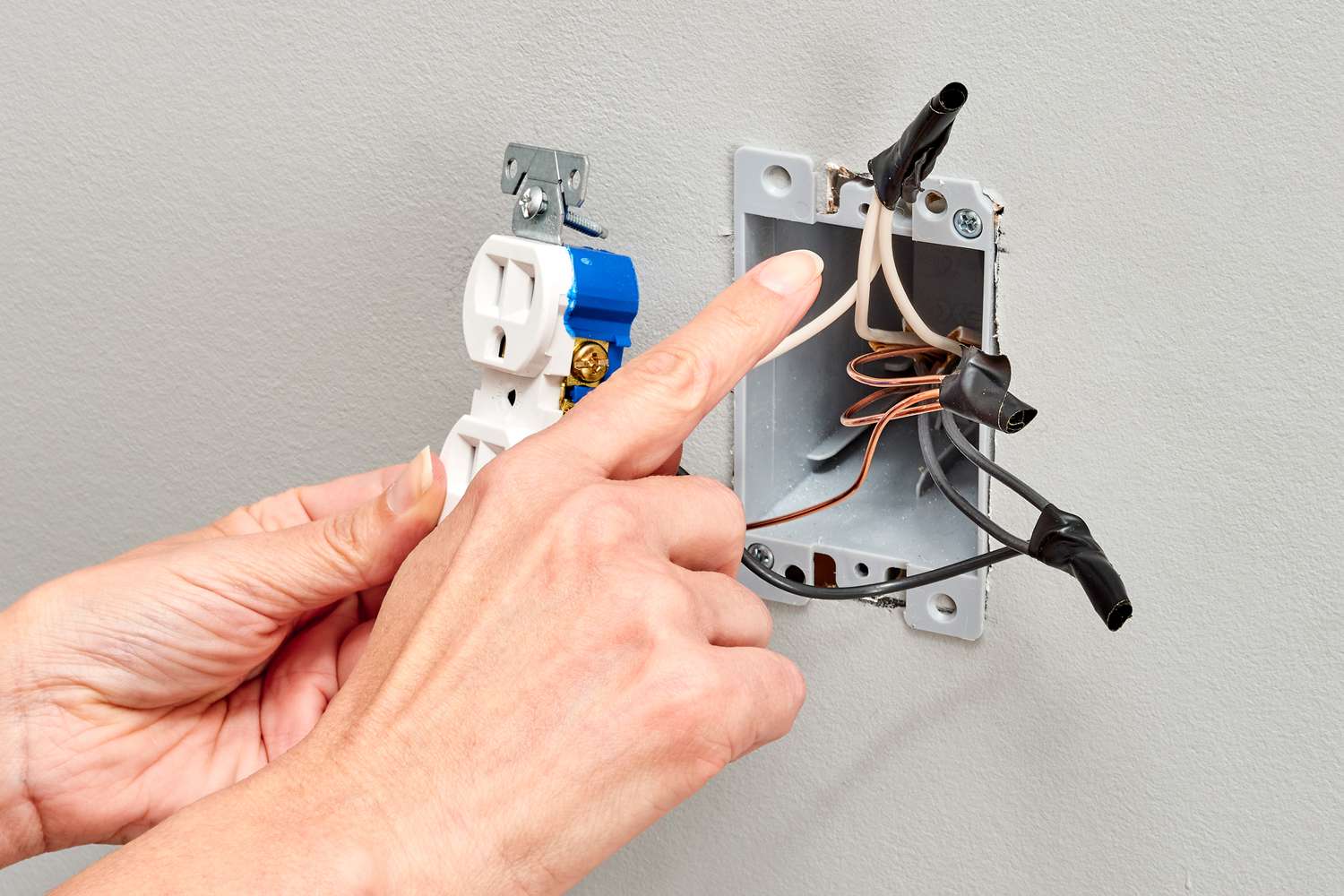
DIY Electrical Troubleshooting: 4 Tips and Techniques for Homeowners – 2024 Guide
Dealing with electrical problems can be intimidating, but with some basic knowledge and the right tools, you can troubleshoot and fix many issues yourself.
In this article, we will discuss some tips and techniques that homeowners can use to diagnose and solve common electrical problems.
Safety First
When it comes to electrical work, safety should always be your top priority. Electrocution and power fires are serious hazards that can be avoided with the right safety precautions.
Here are some tips to keep in mind when working with electricity.
Turn Off the Power
Before you start any power work, make sure to turn off the power to the circuit you’ll be working on. This can be done by flipping the circuit breaker switch or removing the fuse. It’s important to test the circuit with a voltage tester to ensure that the power is completely off before you begin.
Wear Protective Gear
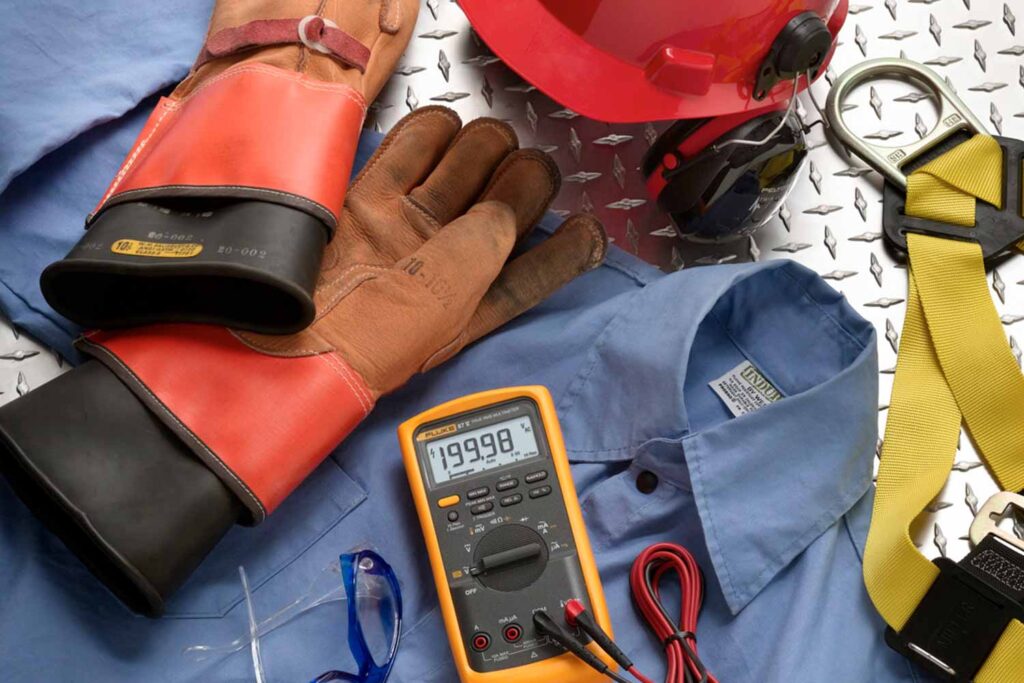
When working with electricity, it’s important to wear protective gear to prevent injuries. Rubber gloves, safety glasses, and non-conductive shoes are essential to protect you from power shocks. Avoid wearing any loose clothing or jewelry that could get caught in the wiring.
Use the Right Tools
Using the right tools is important when working with electricity. Insulated screwdrivers, pliers, and wire strippers can help prevent accidental shocks. Make sure to use only tools that are specifically designed for power work.
Avoid Water
Water and power don’t mix. Avoid working on circuits in damp or wet areas, and never handle equipment with wet hands. If the area you’re working in is damp, use a dry cloth or rubber mat to stand on.
Know Your Limits
If you’re not comfortable working with power, it’s best to leave the job to a licensed electrician. Attempting to do power work beyond your skill level can be dangerous and may result in injury or property damage.
Understanding Your Electrical System
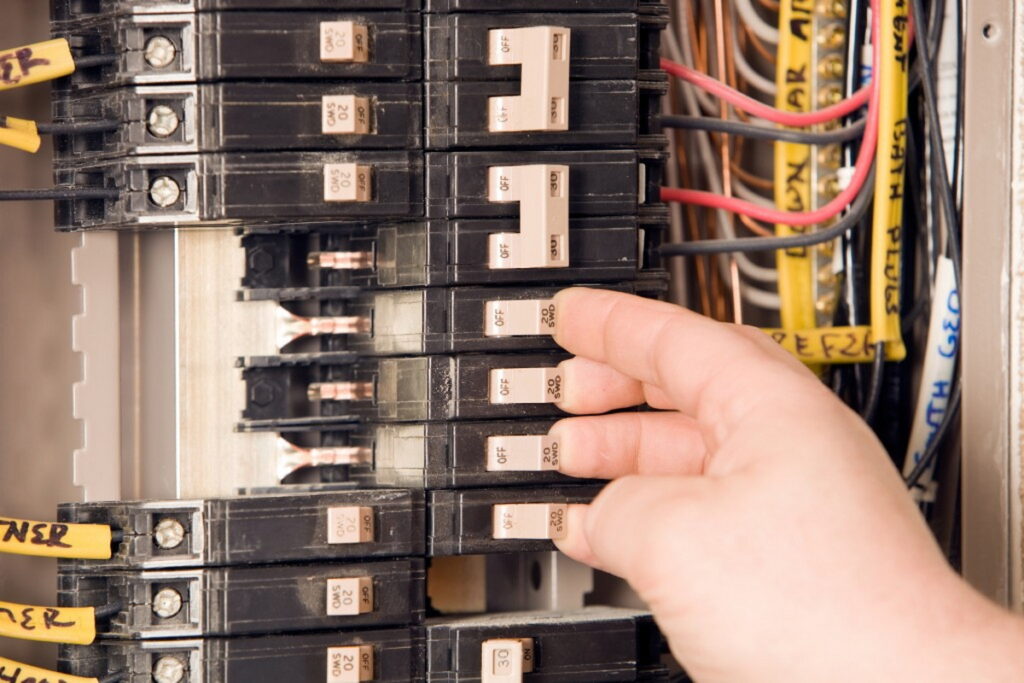
Having a basic understanding of your home’s power system can help you troubleshoot and fix common problems. Here are some key things to keep in mind when it comes to understanding your system.
Circuit Breaker Box
Your home’s circuit breaker box is the central hub for your system. It contains circuit breakers that control the flow to different parts of your home.
Knowing where your circuit breaker box is located and how to turn off the power to the entire house can be useful in case of an emergency.
Electrical Outlets
There are several different types of outlets, including standard outlets, GFCI outlets, and AFCI outlets. Understanding the differences between these types of outlets can help you diagnose and fix common problems.
For example, if you’re experiencing a power outage in a certain room, you may need to check the GFCI outlets to see if they have tripped.
Electrical Switches
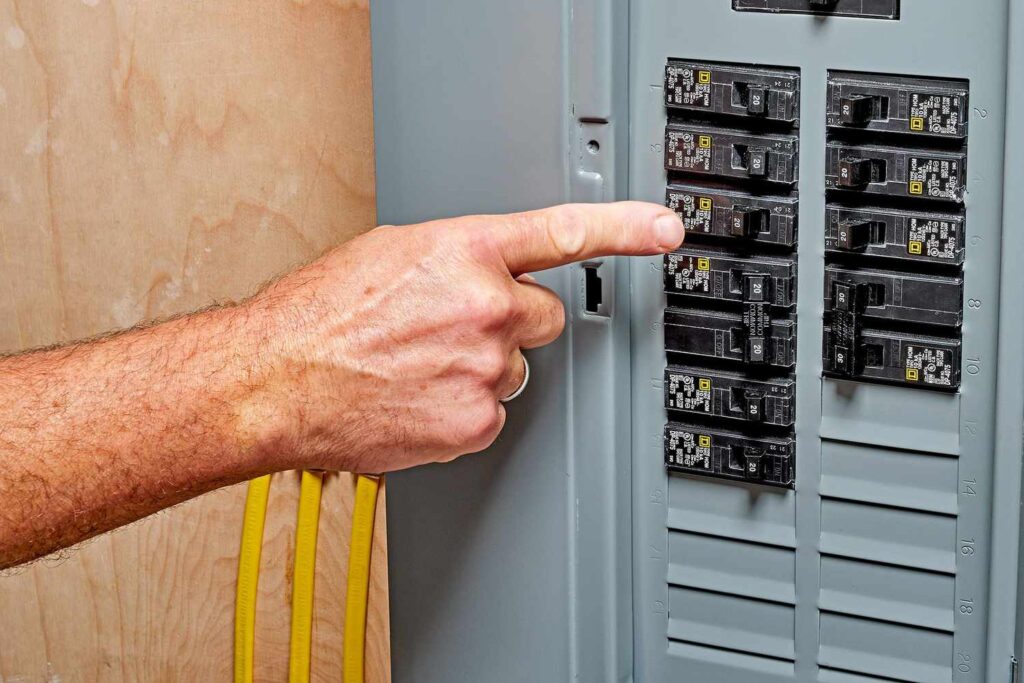
There are also several different types of switches, including single-pole switches, three-way switches, and four-way switches. Understanding how these switches work can help you diagnose and fix problems with your home’s lighting system.
Common Electrical Problems
Some of the most common power problems that homeowners face include tripped circuit breakers, overloaded circuits, and faulty outlets or switches. By understanding your power system, you can often diagnose and fix these issues yourself.
Troubleshooting Techniques
Troubleshooting electrical problems can be a daunting task, but with the right techniques, you can quickly diagnose and fix issues with your home’s power system. Here are some troubleshooting techniques to keep in mind.
Use a Multimeter
A multimeter is a versatile tool that can measure voltage, resistance, and current. It’s an essential tool for troubleshooting power problems.
You can use a multimeter to test outlets, switches, and other power components to see if they’re working properly. Check for loose connections, damaged wires, and other signs of wear and tear.
Test Outlets and Switches
If you’re experiencing problems with an outlet or switch, start by testing it with a multimeter. Make sure the power is turned off before you begin. Check for loose connections or damaged wires, and replace any faulty components as needed.
Check Circuit Breakers
If you’re experiencing power outages or circuit overloads, check your circuit breakers. Make sure they’re in the “on” position and not tripped.
If a circuit breaker is tripped, reset it and see if that solves the problem. If the breaker continues to trip, you may have an overloaded circuit and should consider redistributing the load.
Inspect Wiring
If you suspect that there’s an issue with your wiring, inspect it carefully for any signs of damage or wear. Look for frayed or exposed wires, and make sure all connections are tight and secure. If you find any issues with your wiring, it’s best to call a licensed expert to handle the repair.
Common Electrical Problems
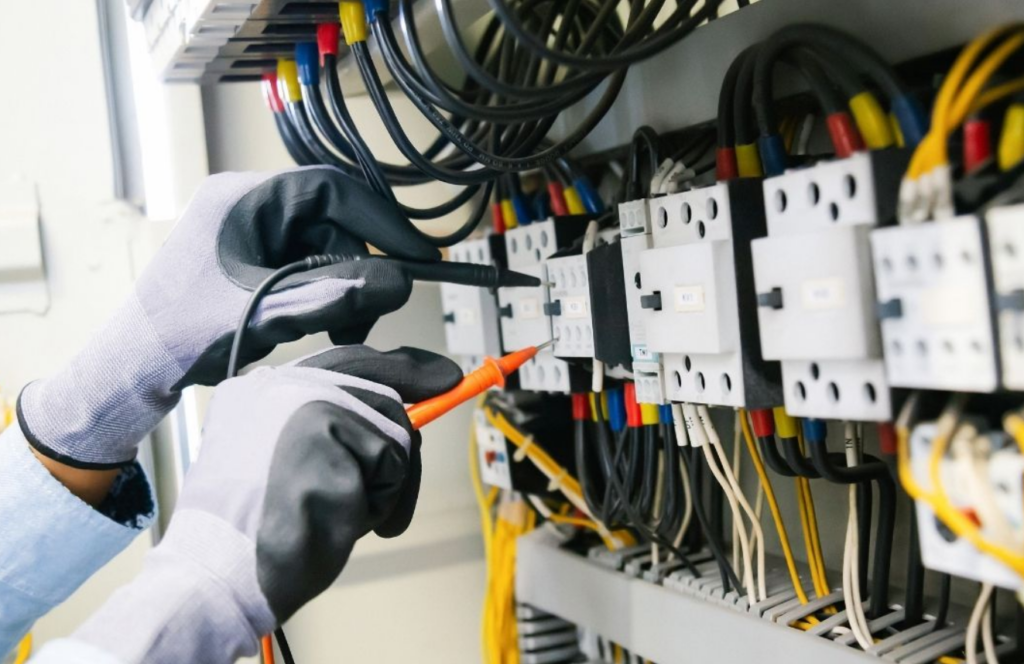
Some of the most common power problems that homeowners face include tripped circuit breakers, overloaded circuits, and faulty outlets or switches.
By knowing how to diagnose these issues, you can often fix them yourself. For example, if a circuit breaker trips, you may need to unplug some appliances or devices that are using too much power.
When to Call a Professional
While many power problems can be fixed by homeowners with the right knowledge and tools, there are times when it’s best to call in a professional. Here are some situations when you should consider calling a licensed electrician.
Complex Issues
If you’re dealing with a complex electrical issue, it’s best to call a professional, such as electrical contractors in London. Electrical work can be dangerous, and attempting to fix a problem beyond your skill level can lead to injuries or property damage.
A licensed expert, especially one from a reputable powered contractor in London, has the training and experience to diagnose and fix even the most complex problems safely.
By hiring a professional electrician, you can have peace of mind knowing that your power issue is in good hands.
Major Electrical Projects
If you’re planning a major power project, such as adding new circuits or upgrading your power system, it’s best to call in a professional.
A licensed electrician can help ensure that the work is done safely and up to code, which can prevent future problems and keep your home and family safe.
Old Wiring
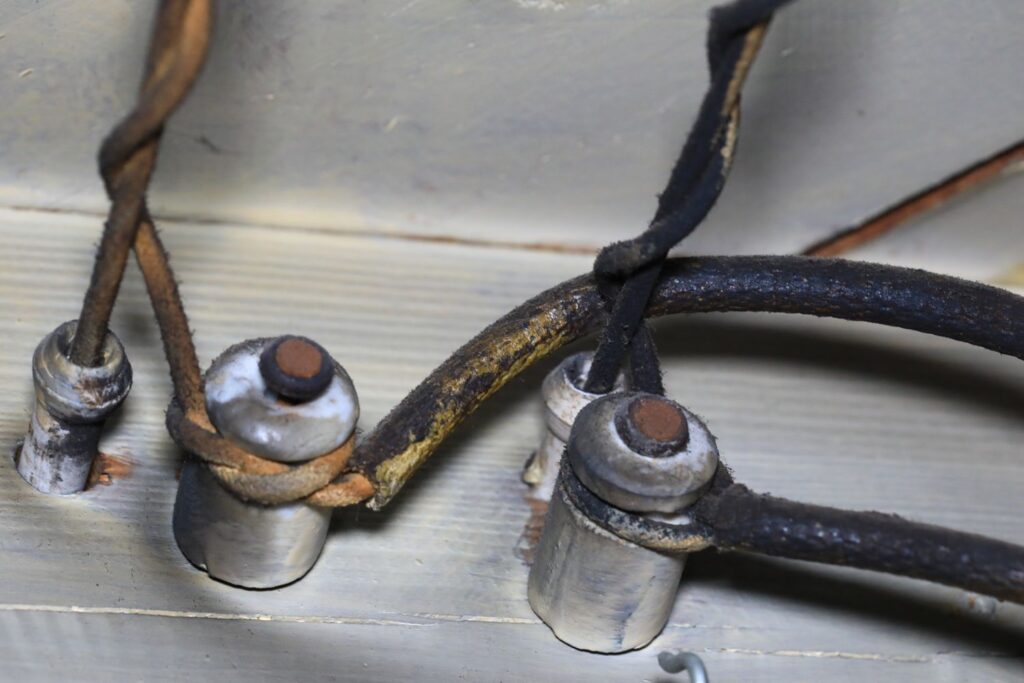
If your home has old wiring, it’s best to have it inspected by a licensed electrician. Old wiring can be a fire hazard and may not be up to current electrical codes. A professional electrician can help identify any issues with your wiring and recommend the best course of action.
Safety Concerns
If you’re concerned about the safety of your power system, it’s important to call in a professional. Signs of power problems, such as flickering lights, burning smells, or buzzing sounds, should never be ignored.
A licensed expert can help identify the problem and fix it before it becomes a serious hazard.
Conclusion
By following these tips and techniques, homeowners can troubleshoot and fix many common power problems. However, it’s important to prioritize safety and know your limits. If you’re not comfortable working with electricity, don’t hesitate to call in a professional.
